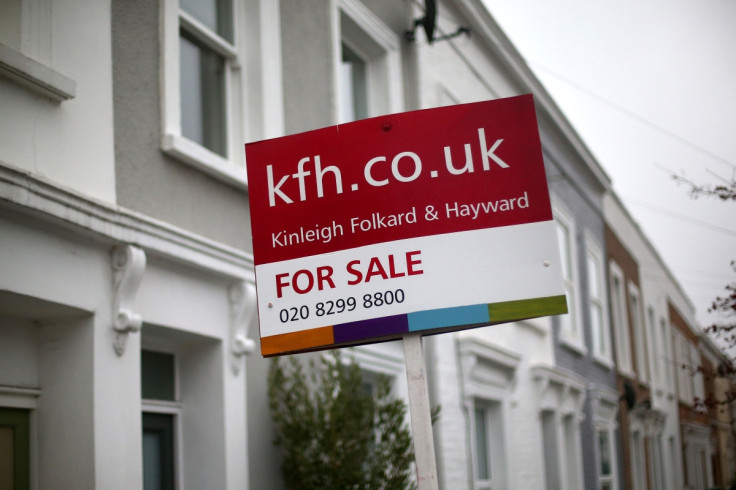London's house prices slowdown could soon be a thing of the past
Hometrack survey shows market is picking up pace again as house prices in the capital rose 2.8% last month.

The slowdown in growth of property prices across London could soon be a thing of the past, as the cost of a house in the capital increased last month.
According to the latest Hometrack UK Cities House Price Index, the average property price in London grew 2.8% year-on-year to £494,300 in the year to July, compared with a 2.3% annual growth recorded in June.
A decline in sales largely due to homeowners opting against selling for lower valuations has been the main driver of growth, Hometrack said. Housing turnover in London has fallen by 17% since 2015, as higher prices have dented, if not totally restricted, affordability.
However, despite the upturn, the rate of growth remains way below the 11.2% expansion recorded in the corresponding period a year ago and seven of the 46 London boroughs and districts monitored by the survey recorded a decline in prices.
Unsurprisingly, the most expensive parts of the capital were the most affected, with valuations in the City of London declining 5.7%.
The survey added that Bristol recorded the biggest drop in property prices expansion last month, as prices increased 3.8% year-on-year, compared with growth of 14.3% a year ago. However, while at £268,400 the average house price in Bristol remains low compared to other parts of the UK, prices have surged 60% since the financial crisis.
"Affordability growth was starting to get stretched in Bristol, where we've seen a lot of growth," said Richard Donnell, research and insight director at Hometrack.
"Brexit adds to uncertainty, compounding the affordability problems in some areas."
Nationwide, prices increased 5.3% year-on-year in July, compared with the 7.4% rate of expansion recorded in the corresponding period 12 months ago.
Hometrack's survey comes a day after UK Finance, the successor industry lobby group to the British Bankers Association, said UK mortgage approvals rose to a five-month high in July.
Some 41,587 mortgages for house purchases were approved by banks last month, up from 40,385 in June, and around 9% above July 2016; the month after the country voted to exit the European Union.
"Steady levels of mortgage activity seen through the first half of the year continued into July," said Eric Leenders, head of personal at UK Finance.
"First time buyer numbers continue to be strong, helped in part by government schemes. But that has been offset by home movers, where a shortage of homes on the market is limiting their activity."
© Copyright IBTimes 2025. All rights reserved.






















